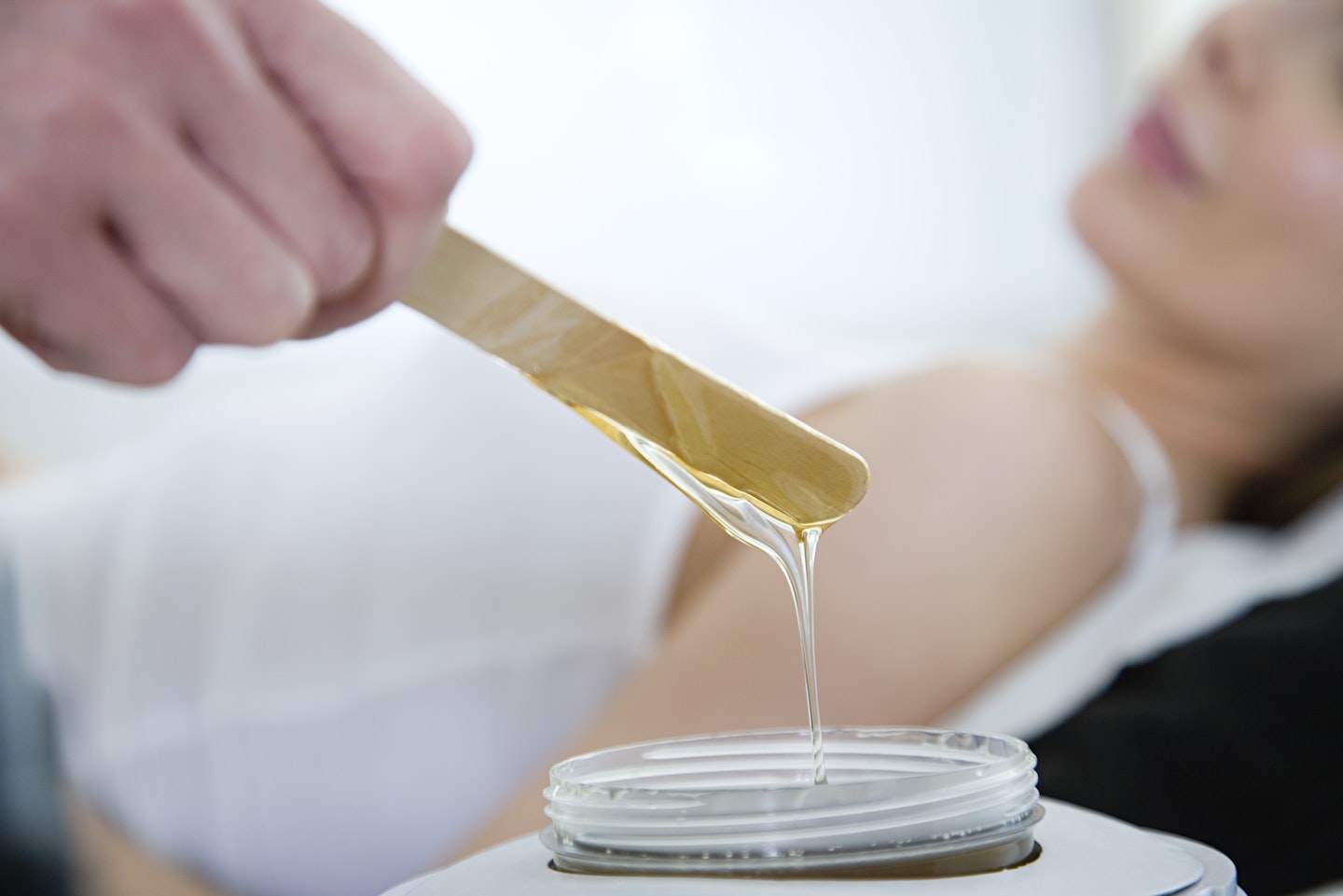Recent research has shown that people are concerned about everything from pubic hair to whether they should use lube, while STIs are on the rise for all age groups. It’s time we stopped blushing and started talking.
For a start, we need to normalise having a sexual health check. There’s nothing dirty about it; it doesn’t give you a "reputation" and it should be as routine as having a blood test. The more we treat it that way, the more we’ll be able to bring down the escalating rates of infections.

Sex after babies
After childbirth, don’t feel pressured into having sex if you don’t feel ready. Take your time and remember things will have changed a bit, and it can take up to six weeks for the pain to go.
Childbirth and breastfeeding can also affect your libido because they alter hormones. Plus you’ll have a screaming child waking you through the night so you’ll probably feel knackered and a bit fraught.
When you do go back to having sex, be aware that you can fall pregnant again as soon as three weeks after having a baby. If your sex drive dips for a few months, and you also feel down and are struggling to bond with your baby, it may be postnatal depression, so talk to your doctor.
Undiagnosed STI's
Couples who meet in their 30s or 40s are less likely to use condoms than younger people, but an STI doesn’t care about age.
STIs are rising: more than 23,000 women aged 25-34 were diagnosed with chlamydia in 2014 – up from just 9,280 in 2010. If you’re worried, get a check-up, because many STIs – including HIV – won’t have obvious symptoms.
A sexual health check-up at a GUM clinic isn’t at all embarrassing – you do a swab yourself with a cotton bud, then they’ll take a blood test and you’ll get your results within days. Obviously if you’ve been married for 29 years and neither of you have ever slept with anyone else you don’t need to worry, but if you’re sexually active you should have a check-up.
Lube
Perimenopausal women (this can start in your 40s) often need to use lube because vaginal tissue can get drier; the same can happen for a while after childbirth, too, thanks to hormonal changes.
Medications like antidepressants can also cause dryness, as well as messing with your libido. Aside from medical reasons, using lube for comfort is probably a good idea for a lot of people, especially if you’re a bit tight or if your partner is large. Most condoms come already lubricated for that reason.

Hair down there
Despite what you may have heard I don’t think pubic hair protects against bacteria. Yes, if you wax or shave you can get ingrown hairs of irritation, but I think there’s too much negativity around hair removal. If people want to remove their pubes, who cares? It’s not going to cause terrible problems. Do whatever you prefer.
Keeping it up
All men will experience erectile dysfunction at some stage, and that’s completely normal. If it’s ongoing for your partner, though, it could be a sign of underlying problems that should be checked out, particularly in slightly older men.
Once in a while it’s more likely to be because he’s knackered, stressed or he boozed a bit too much. If it’s persistent his cholesterol could be up, or it could be a sign of high blood pressure or possible diabetes.

Over too fast
Premature ejaculation as an adult is often down to early sexual experiences. The way we teach sex in school is mostly shame-based – you’ll get infections, you’ll get pregnant etc – so people’s early sexual experiences tend to be rushed and associated with guilt. That can set up a negative association with sex, where men think they should get it over with. If your man can’t last, there are techniques you can try. If he masturbates an hour before having sex he should last longer, or you can use thick condoms with desensitising products.
No 'Big O'
If you struggle to orgasm, you’re not alone: 41% of women do. Penetrative sex isn’t actually the best way to orgasm; clitoral stimulation is far more effective. Sex toys are great for women and can really enhance your sex life. The science behind them is solid: the Rampant Rabbit was created because science and biology have proven that stimulating the clitoris helps women to orgasm.

Size doesn’t matter
Men have a very distorted view of what’s normal when it comes to penis size. They base it on porn or looking at other men in the changing rooms. Porn is unrealistic, and you look at other guys front-on, whereas you’re looking at yourself from above so it’ll always look smaller. All the evidence shows that we’re all similarly sized. A survey of 50,000 people found that while only 55% of the men were satisfied with their penis size, 85% of their partners were happy.
Lost libido
A loss of sex drive is often psychological, or it can be unhappiness in relationships. Physical causes tend to be fewer and further between – things like hormonal problems, side-effects of medications or overuse of alcohol or drugs. If your partner has lost interest, it’s often down to stress, depression or exhaustion.
The classic mistake men make is that at the end of a hard day’s work they go to the gym for a hardcore class, which pushes stress hormone levels up even further. Over-worked and over-exercised isn’t good for anyone’s sex life.
